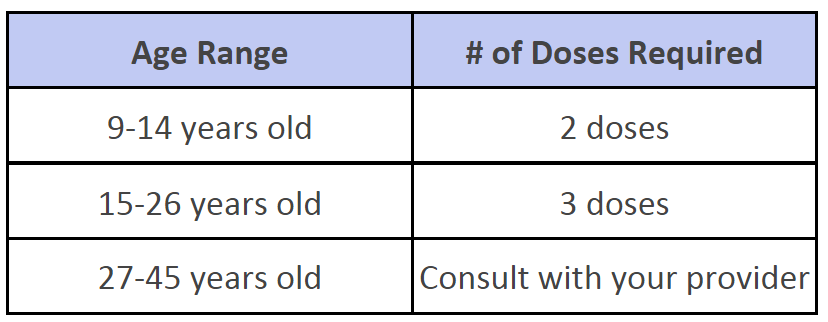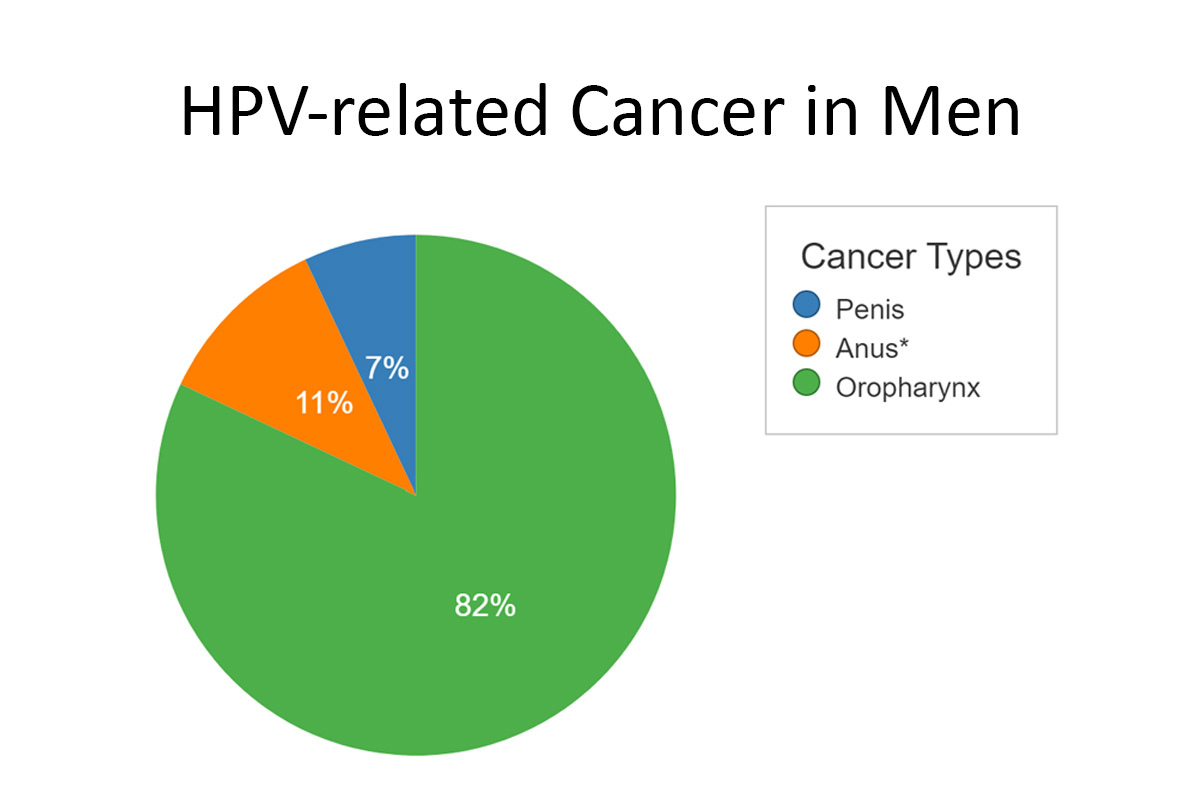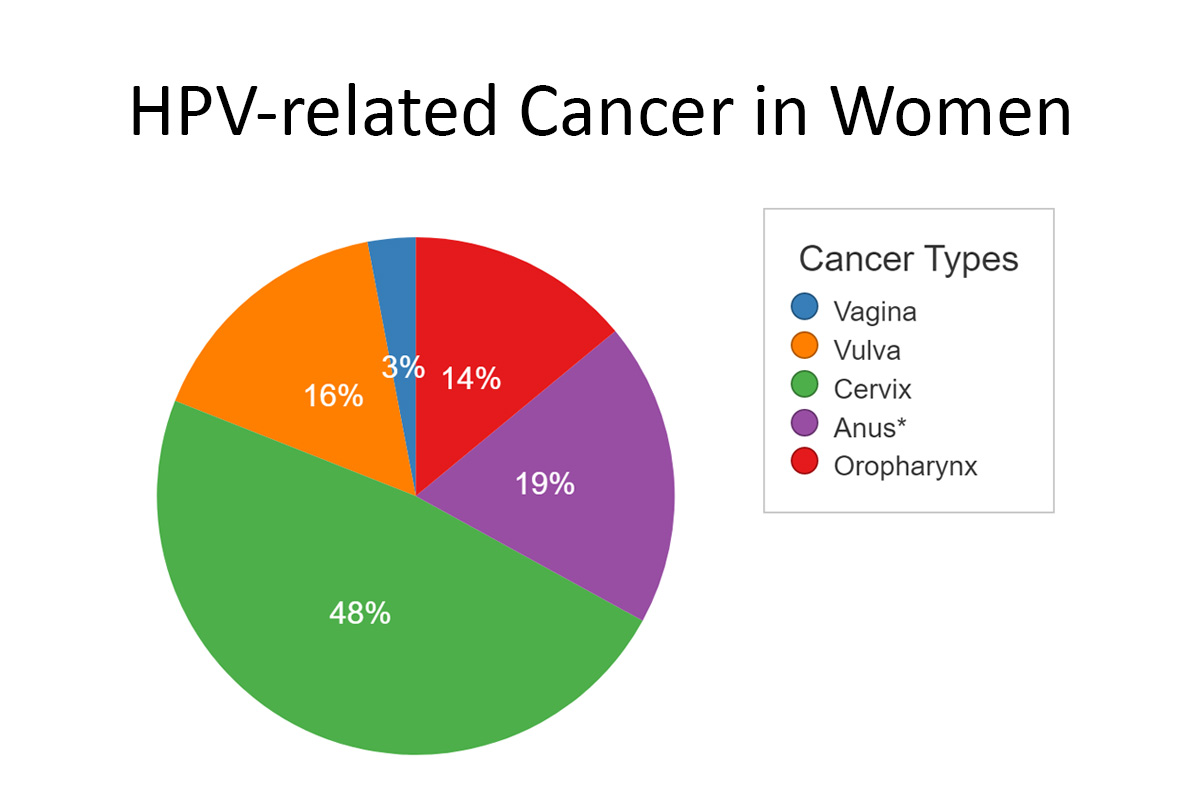Reduce Your Child's Risk of Developing Cancer in Their Adulthood
Cancer is a scary word for many parents. No one wants their child to suffer from this disease. Luckily, there are ways to prevent HPV-related cancer before it even starts. One of these ways is through the HPV vaccine.
The HPV vaccine protects against the human papillomavirus, which is a common virus that can lead to cancer. HPV is spread through sexual contact, so the best way to protect your child is to vaccinate them long before they become sexually active.
Protect your child from developing HPV-related cancer in adulthoood
Call 405-632-6688 To Schedule A Vaccination
What is HPV? What does it cause?
Human papillomavirus (HPV) is a common virus that can cause several types of cancer as well as genital warts. According to the CDC, about 80 percent of people will get an HPV infection in their lifetime. Most people who are infected with HPV do not experience any symptoms. There is no way to know who will develop cancer or other health problems from HPV, however, you can take control and prevent the chances of getting HPV. Receiving the HPV vaccine reduce the risk of your child developing HPV-related cancers in adulthood, such as:
Your child needs all doses of the vaccine to be fully protected against HPV and developing HPV-related cancers in the future.
The following chart from the CDC show common HPV-related cancer types within males and females.
Does timing matter?
Timing absolutely matters! Getting vaccinated early ensures they are protected long before they are ever exposed. Studies have shown that people who receive the vaccine at an early age of 9-12 have more protection against the virus compared to those that got it at a later age.
|
|
|
|
|
|
|
Vaccinating your child early is the best way to ensure their safety and health. To schedule a vaccine appointment, call 405-632-6688.
Who should receive the HPV vaccine?
The HPV vaccine is routinely recommended for boys and girls starting at ages 9-12. It is also recommended for males and females up to age 26 who have not been previously vaccinated or who have not completed the full vaccination
series. Adults ages 27-45 may also receive the HPV vaccination, but benefits are not as effective. The HPV vaccine is safe and there are no serious side effects. 
The number of required doses vary depending on the individual’s age. Children should receive two doses at ages 9-12 (including males and females) for maximum benefits of the vaccine. If the vaccine is not initiated by age 15, an extra dose is needed. HPV can cause serious health problems, so it is important to be vaccinated as early as possible to help protect against infection.
Are there any side effects to the HPV vaccine?
As with any vaccine, there is a small risk of side effects from the HPV vaccine. Side effects are typically mild and should resolve within a day or two. The most common side effects are:
- Pain and redness at the injection site
- Fever
- Headache
- Nausea
- Fatigue
Some people may also experience dizziness or fainting after getting the vaccine. As mentioned by the CDC, the HPV vaccine does not cause infertility.
However, developing HPV-related cancers could limit the ability to have children.
There is no way to know who will develop cancer or other health problems from HPV, however, you can take control and prevent the chances of getting HPV.
Protect your child's future.
Call 405-632-6688 to Schedule a Vaccination



